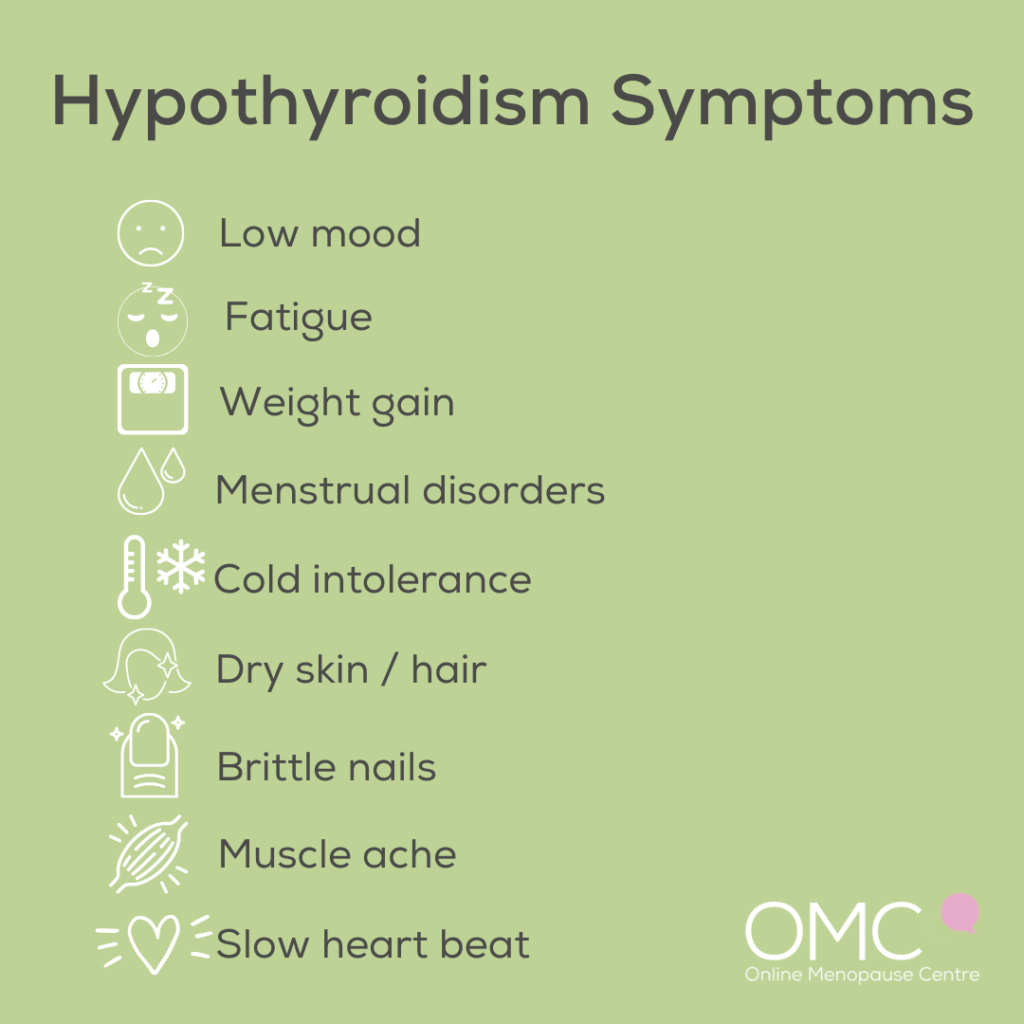Private Online Thyroid
Clinic
About Thyroid Dsyfunction
Thyroid dysfunction is often caused by low hormone levels, also referred to as hypothyroidism (or underactive thyroid). Hashimoto’s disease, is an autoimmune disorder that can lead to hypothyroidism. In Hashimoto’s, your immune system produces antibodies that attack and destroy the hormone producing cells in your thyroid gland.
There are two main causes for thyroid under activity (hypothyroidism) in the UK:
-Autoimmune Thyroid Disease (Hashimoto’s)
-A side effect of treatment for an over active thyroid or thyroid cancer
It is important to recognise that some people may test negative for hypothyroidism on a standard blood test (which usually tests TSH and T4 hormones), and still exhibit typical symptoms of low thyroid hormones, this is known as subclinical hypothyroidism. For more in-depth evaluation of thyroid health, testing must include a more comprehensive range of markers (also including the most active thyroid hormone T3) in conjunction with clinical assessment.
Symptoms of Hypothyroidism
Usual symptoms of an underactive thyroid , that can sometimes be very similar to those of Perimenopause include:
- Fatigue
- Constipation
- Weight gain
- Poor temperature control / feeling cold
- Thinning, dry hair
- Brittle nails
- Low mood

Treatment of Hypothyroidism
Hormones
Thyroid conditions are best treated by thyroid specialists (Endocrinologists).
After careful assessment, thyroid deficiencies can be replaced by taking a number of available thyroid replacement hormones.
Nutritional Recommendations
Incorporate the following to support thyroid hormone production:
- Iodine-rich foods such as kelp and other seaweeds (such as wakame and nori), seafood such as shrimps, dairy products (natural live yogurt and cheese), grains and eggs.
- Selenium and zinc-rich foods such as seafood, grass fed-beef, poultry, eggs, nuts (almonds, cashews and Brazil nuts – the latter are particularly high in selenium which is key in healthy thyroid function), legumes (lentils, beans and chickpeas), and dairy products. These foods also have the advantage of being high in protein, which is also important for thyroid health.
Be aware of:
- Goitrogenic foods, which are substances that can disrupt production of thyroid hormones by reducing the uptake of iodine by the thyroid. Goitrogen foods include cruciferous vegetables such as broccoli, cabbage, kale, or brussels sprouts. Please note that cooking or fermenting those vegetables prevent their goitrogenic effect, so you do not have to eliminate them from your diet as they carry many health benefits.
- If you are taking the medication levothyroxine, be aware of calcium and iron supplements, as well as coffee, as they can interfere with absorption of this medication. There are also reports showing that soya may interfere with its absorption. Ensure you take those supplements or coffee 2 hours away from levothyroxine.

Lifestyle Recommendations

Looking after your physical, psychological and emotional wellbeing as a whole is crucial for the health of your thyroid. A poor diet which leads to nutrient deficiency as well as high levels of stress, in particular, can have a significant impact on your thyroid. A poor diet can deplete you of essential nutrients such as selenium, which are key for thyroid function. And stress can have a great impact on the adrenal glands which are connected to thyroid function. This is because the amino acid tyrosine, which is essential for the production of thyroid hormones, is also used by the body to produce the stress hormones adrenaline and noradrenaline by the adrenal glands – in a situation of high or chronic stress, tyrosine will be preferentially diverted to produce those. Look after your stress levels and adrenal glands health by following our lifestyle as well as blood sugar balance recommendations in the Perimenopause section.
Look after your gut health, as optimal levels of good bacteria are vital for thyroid hormone conversion.
Particularly in the case of Hashimoto’s, there is a strong link between this condition and inflammation in the gut. Consider avoiding foods that may be creating food intolerances and perpetuating inflammation (the usual suspects are gluten, dairy and processed sugar) as well as looking after your gut health at any level. In this situation, it may be recommended to talk to a professional.
